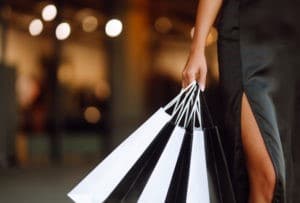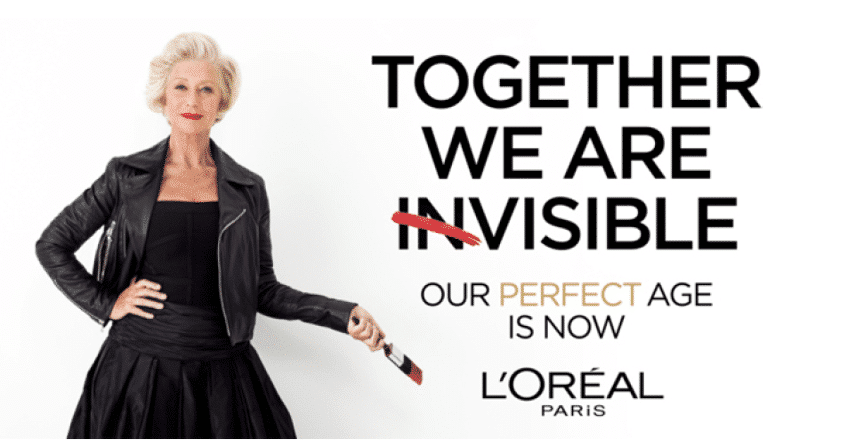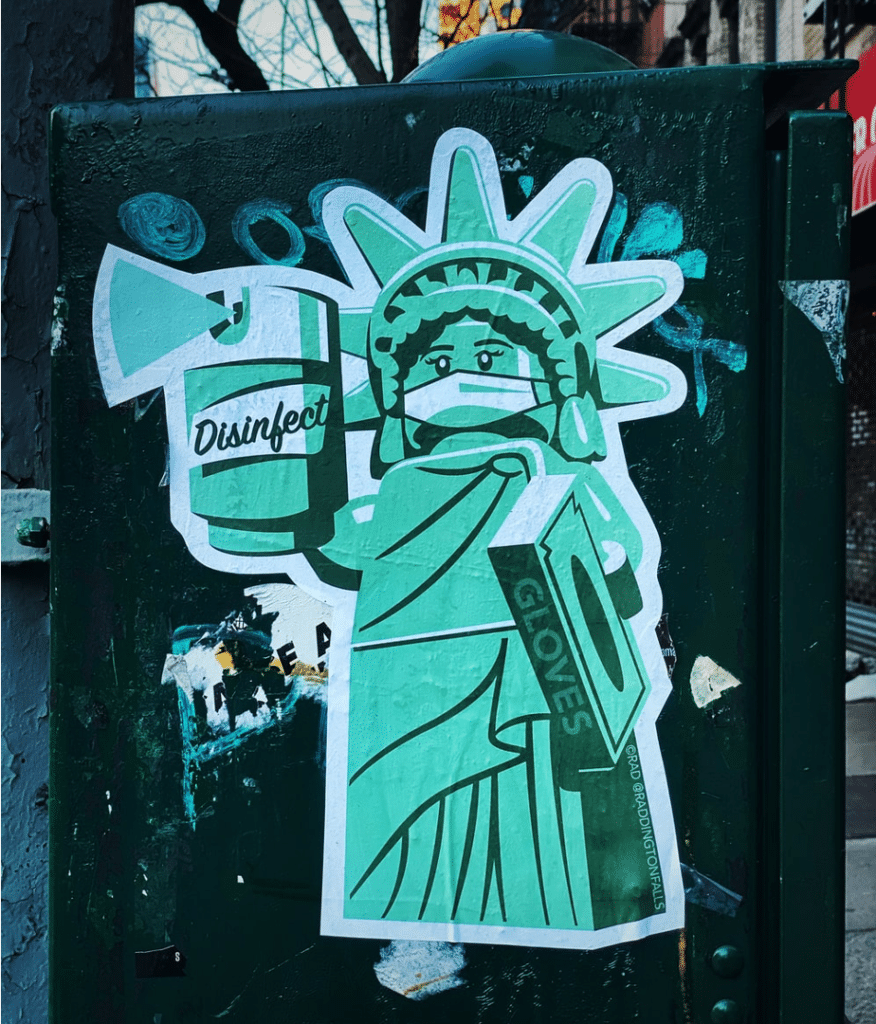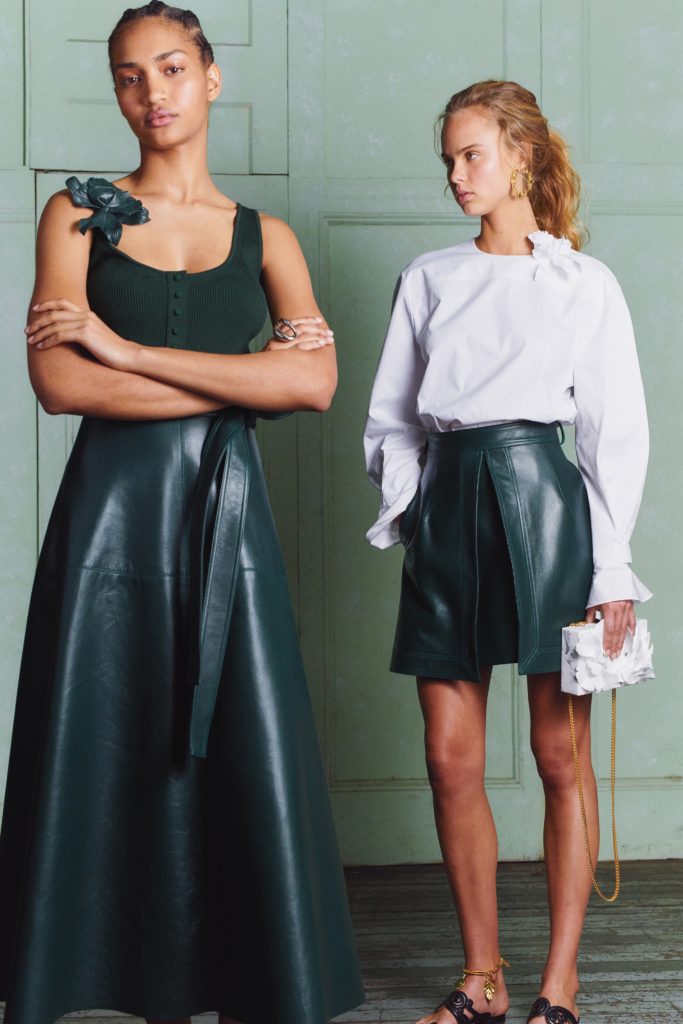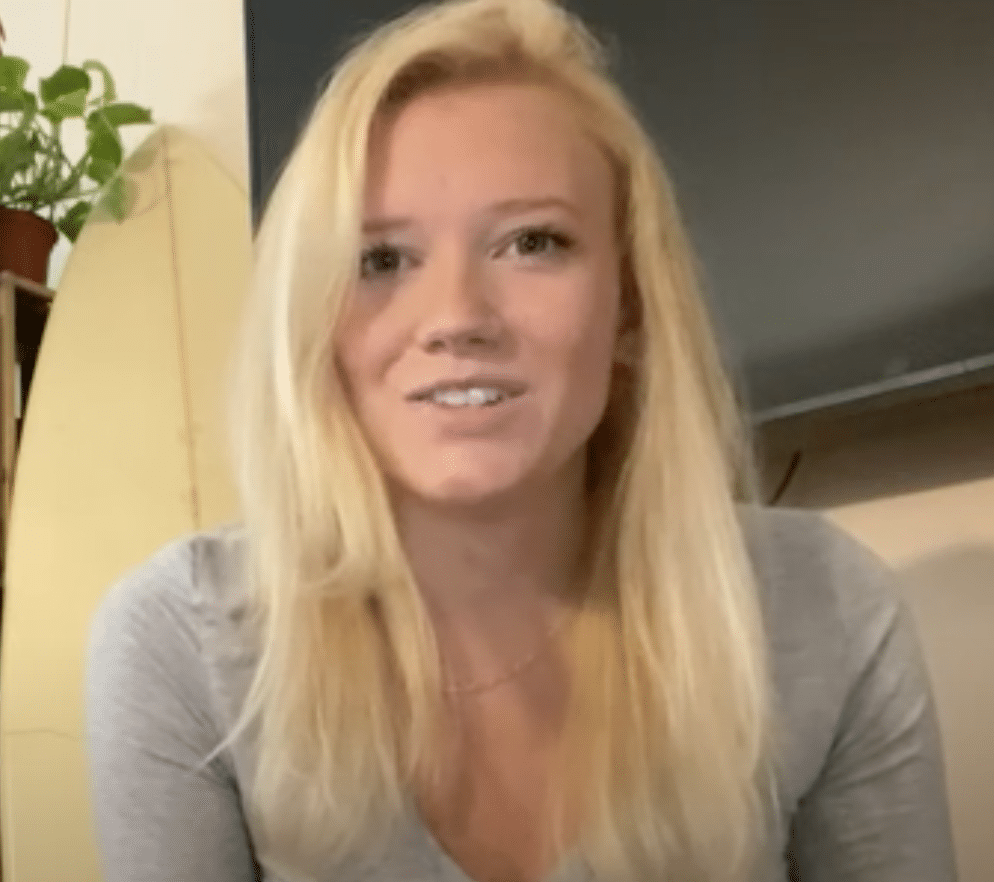Week 3
The webcast featured Toby Jenner (Wavemaker CEO) in conversation with Demet Ikiler (GroupM EMEA CEO) about the differences in brand behavior across EMEA markets, how we can help our brands to build on their social responsibilities and how we can provide expertise in the digital space amid the spike in e-commerce.
Are brands across EMEA responding differently according to market?
EMEA is such a diverse region and many of its markets are at different stages in the COVID-19 crisis, so there is no right or wrong way to react. We can see similar patterns and trends across most markets, especially in terms of consumerism. It began with frequent visits to stores to stockpile for isolation, but focus has now shifted to e-commerce. The “baby boom” generation is an audience that has newly discovered e-commerce, a trend which will probably continue once the global crisis has subsided if brands respond accordingly. Brands that are seeing a boost in sales from this new audience need to reconsider their purchase and customer journey to maintain these new buyers’ interest. Media consumption has also seen a vast increase across all audiences, and there’s a strong call for new content to be continuously released as it’s now being consumed at a faster rate.
How can brands do a good job of contributing to society and consumers?
Some brands are “business as usual”, when they should be sense-checking their messages and its impact in the current climate. Other brands are engaging with a purpose and tailoring their messages to align with what’s happening in the world, but these need to be truly authentic. Superficial messages won’t work because consumers can see right through it. A recent study led by Kantar found that 92% of consumers surveyed want brands to say something about the crisis; they can’t stay silent. In developing markets such as South Africa, 80% of consumers surveyed said they wanted to hear more positive news from brands, whereas in western markets like France and Belgium, they would prefer the cold, hard facts. It seems overall that consumers want brands to contribute in whichever way they can, so as to set an example for other brands. An Edelman study shows that consumers in developing countries have lower levels of trust in their governments, so they expect corporations and brands to pick up the slack and act nobly and contribute more.
How can we help our brands to navigate this crisis?
We can help our brands to tap into existing altruism in their messaging, for example, Mondelez’s existing platform on generosity. Generosity is a trait that’s needed now more than ever so Mondelez have permission to play in this field and bring that message to life in the current crisis. Brands are now more visible in the digital sphere, so we can help to navigate them through this new environment with our expertise on brand safety, programmatic, e-commerce, etc. Every client is different, so we need to work through their needs on a case by case basis, giving the best advice possible based on how they’re faring in the current climate and how they need to adapt to change.
How would you advise our people to best service consolidating clients?
Businesses are starting to see challenges and divides between marketing and sales, resulting in a slower decision-making process. With the recent boom in e-commerce, brands need to manage these two seamlessly together to bring about real growth. New consumer habits will remain after the crisis has subsided, so consolidation in areas such as e-commerce, omnichannel, virtual experiences etc., of brands will again be helped by a strong working relationship between sales and marketing. Maintaining a strong sense of agility and solidifying this relationship needs to happen now in order to future proof their businesses.
